Editor’s note: This originally ran in the March/April edition of Vintner Magazine.
How do you make sure your tasting room employees are properly trained, certified and able to handle potential hazards such as underage, unruly or drunken patrons?
While one might assume hiring experienced personnel is the answer to all of these questions, it’s not always the avenue taken by wineries whose business model includes a tasting room that’s open to the public.
Vintner Magazine asked wine-industry professionals how they select tasting room employees and make sure they’re well prepared for circumstances — both anticipated and unanticipated — they might encounter during their shift.
Hiring and onboarding workers
Hiring people with ample winery or beverage alcohol experience isn’t always a priority when selecting customer service reps to work in a tasting room, which some owners and managers consider an entry-level position.
Some hiring managers said they chose to evaluate individuals subjectively before bringing them in and making sure they’re properly educated and certified.
Julie Lopata, Tasting Room Manager for French Valley Vineyard in Cedar, Michigan, said alcohol certification via Training for Intervention Procedures (TIPS) or Techniques of Alcohol Management (TAM) was not a prerequisite. Both programs are offered online.
Lopata said it was useful to use the job description to establish legal requirements for compliance purposes and that French Valley Vineyards does so.
“At the time of hiring I do not look for experience but look at personality fit, personality overall and if they have retail experience,” Lopata said. “ After said employee is hired, we require a TAM/TIPS certification.”
Preparing your staff
Some states, like Texas, require those who serve alcoholic beverages to have formal certification.
To stay legal, Texas winery owners make sure their tasting room staff have completed the sellers training course offered by the Texas Alcoholic Beverage Commission.
“Texas state law requires anyone serving alcohol to have a TABC servers license,” explained Kelly Hagemeier, Chief Administration Officer for Kerrville Hills Winery. “This is an online course, about three hours long, which must be renewed every two years.
“Besides the server license, new hires experience a tasting and tour with a senior administrator, and shadow other employees for shifts before leading their own tasting with guests.”
Ron Yates, owner of Spicewood Vineyards, said the course clearly lays out all the rules associated with selling alcohol and that management also plays a role in making sure employees continue to follow the rules.
“We routinely remind everyone of the liability issues that exist if they don’t do their job correctly,” Yates said. “The TABC sellers training course provides many avenues for handling these types of situations and we discuss these possible scenarios with our staff members often.”
Hope Family Wines in Paso Robles, California has its staff attend TIPS training each year. It heads off underaged drinking at the pass, installing greeters at its door who are responsible for carding people who appear under 40, said Director of Marketing Whitney Hrdlicka.
Hrdlicka added that the winery prioritizes continuing education and training.
“We have monthly staff meetings for every department,” she said. “Training in alcohol service is a component of those meetings. As well we hold a yearly day-long hospitality training, and quarterly evening hospitality training.
“Hospitality in the wine industry includes managing guests while consuming alcohol so additional training in service is given regarding alcohol service.”
Handling Tense Situations
French Valley Vineyards employees follow a procedure for controlling situations involving intoxicated guests.
Tasting room servers find a manager, first and foremost, to handle the situation. Managers are trained to stay calm, avoid arguing with or embarrassing the guest, and inviting them to an area away from other guests where they can talk.
“Deal with the situation in a calm, friendly way, and listen and empathize with your guest,” said Lopata, who noted that the guest is typically offered coffee, water or some food if they’ve over consumed.
Employees at Hope Family Wines aren’t expected to go it alone either if they find themselves face-to-face with a patron who has become unruly for reasons related to excessive alcohol consumption.
“We offer a virtual ‘tool bag’ to each employee. Scenarios such as these are addressed and the potential tools available to assist in a variety of situations,” Hrdlicka said. “We discuss different tools/options available for different scenarios in our staff meetings too. During hours of service, there is either a Tasting Cellar Manager or a Manager on Duty for the day.
“If there is a question as to the authenticity of the ID, the manager is requested. As well, any situation with a guest where we do not feel we are exceeding their expectations, a manager is requested and available to assist.”
If someone arrives appearing to be intoxicated, the situation is handled deftly and diplomatically at Hope Family Wines.
“We recommend they join us the following day or the next time they are in town for a complimentary tasting experience,” Hrdlicka said. “We explain that they will fully be able to enjoy all the subtle nuances of our wine. If they are interested we continue to share our story and interesting stories on the unique nature of our property but without the associated wine.
Or we provide a complimentary bottle to enjoy at a later time.”
Yates said unruly patrons were not a regular occurrence at Spicewood Vineyards or Ron Yates Wines.
“One of the great benefits of being a winery and not a bar is that we don’t routinely have these issues,” he said.

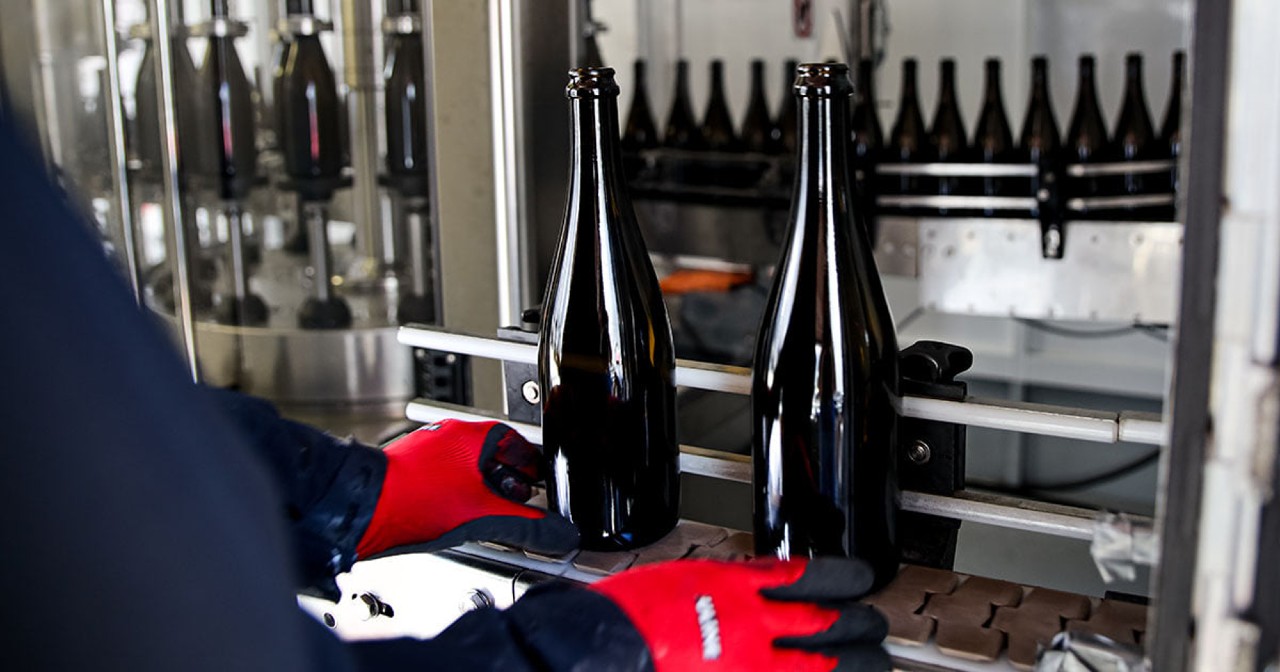
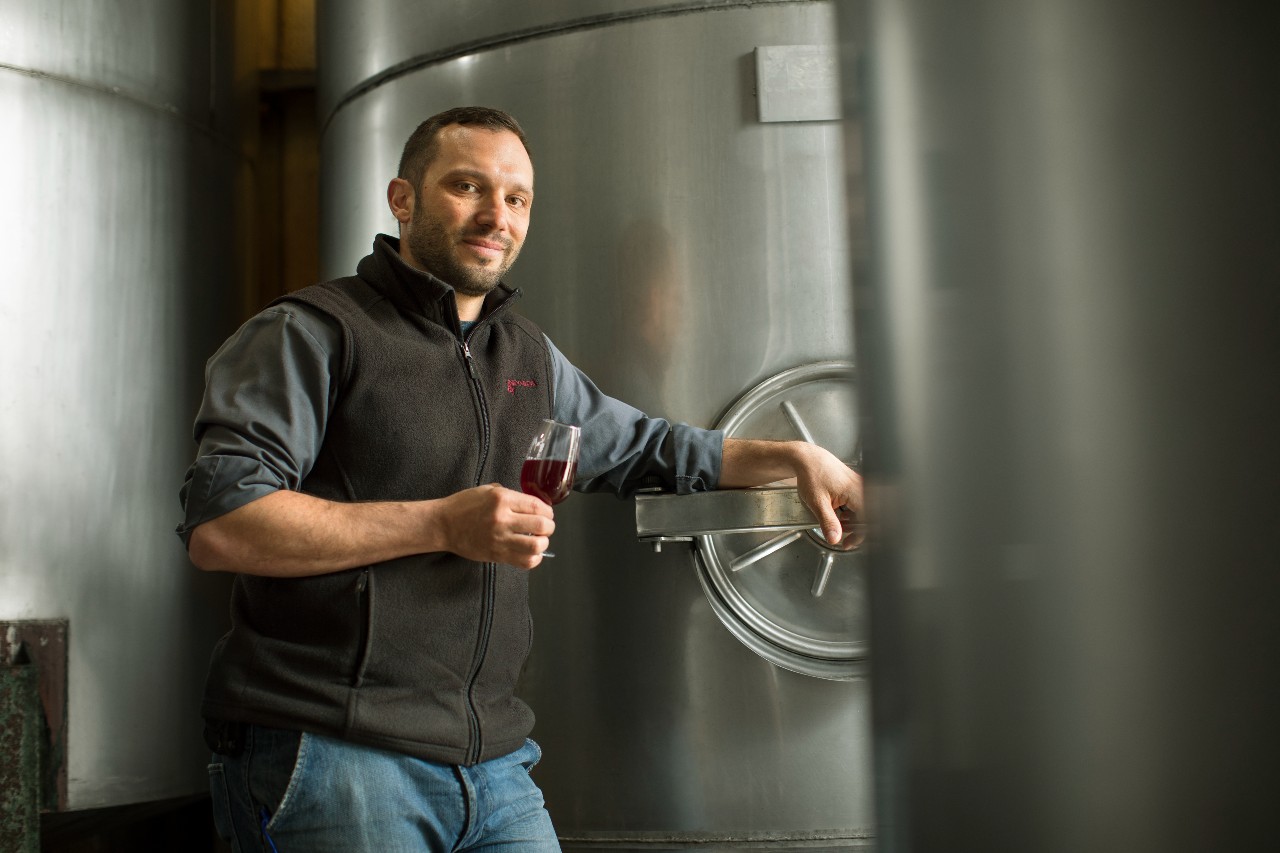
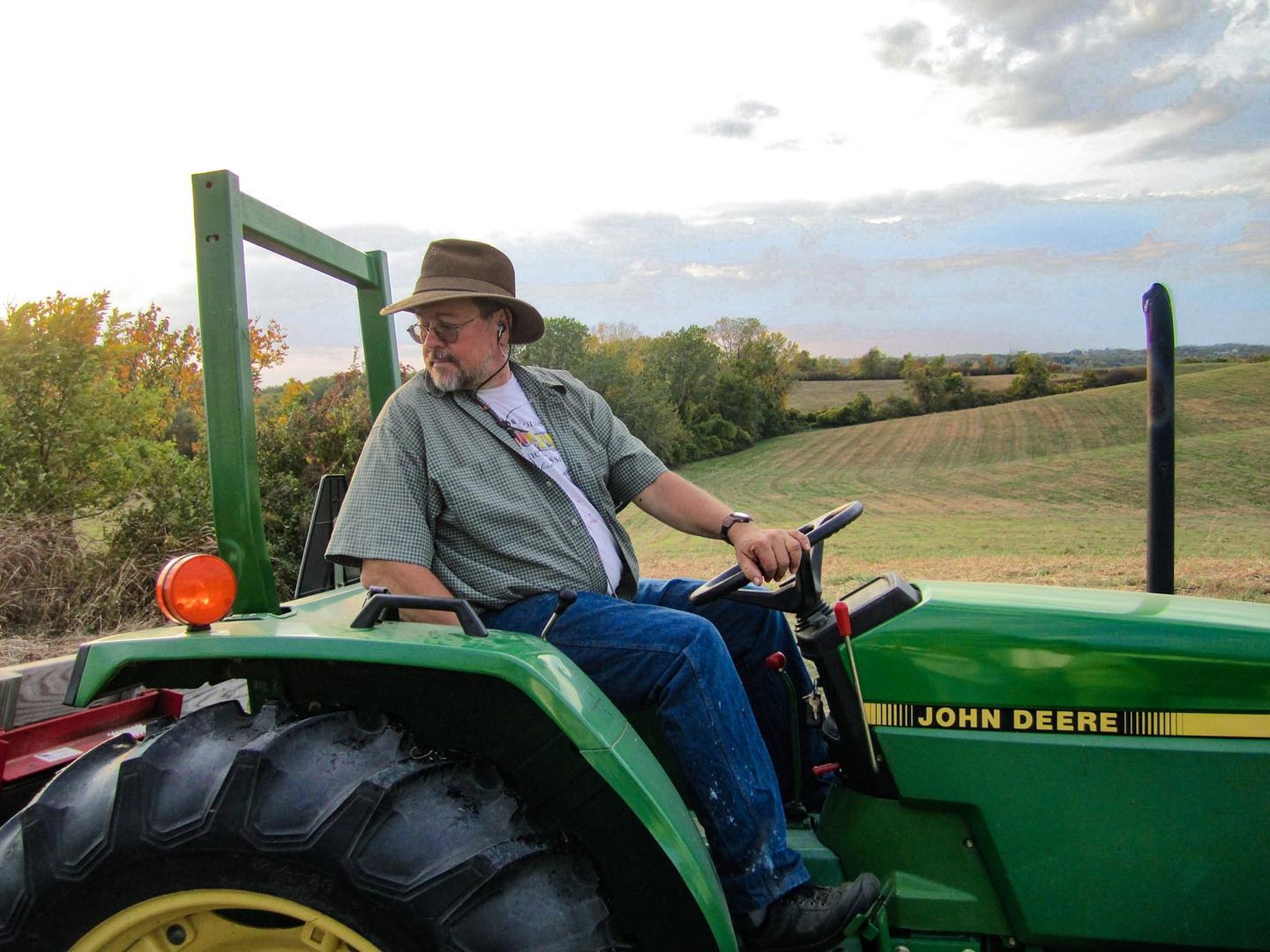
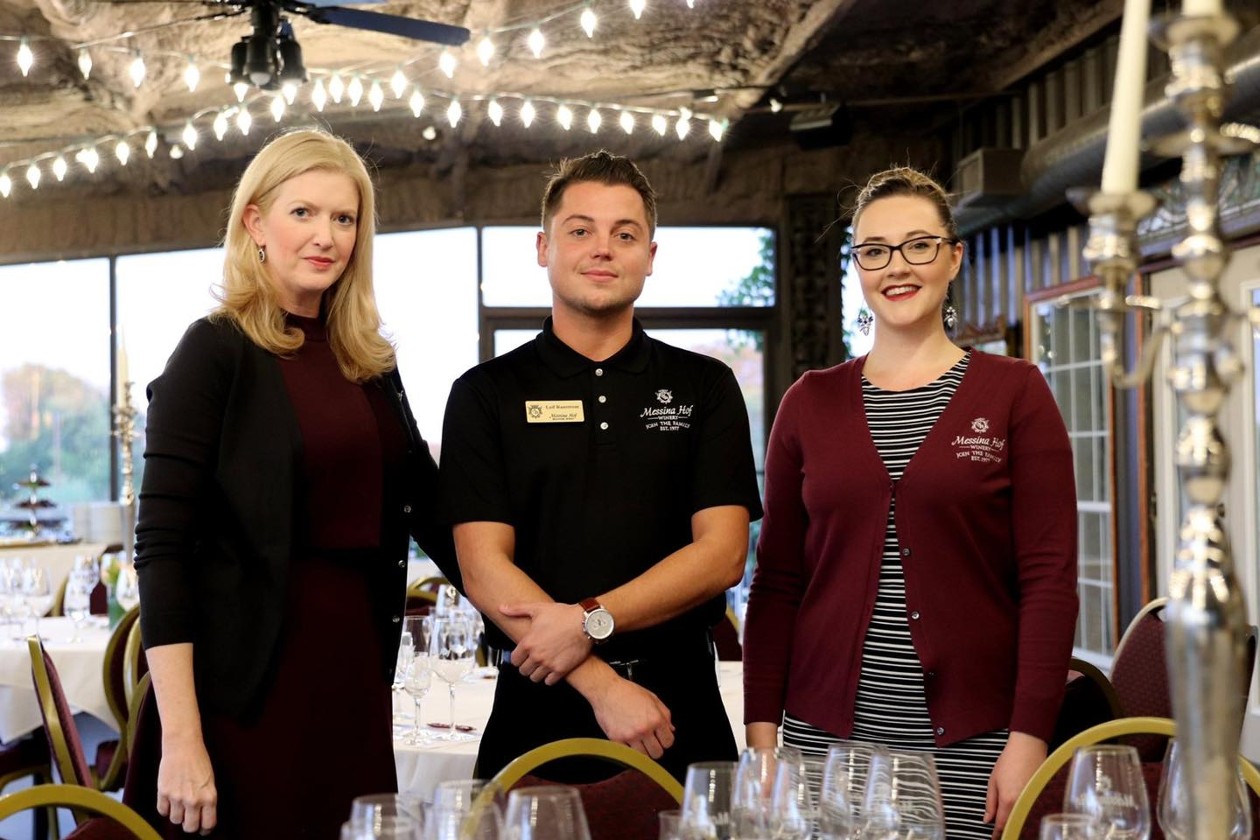
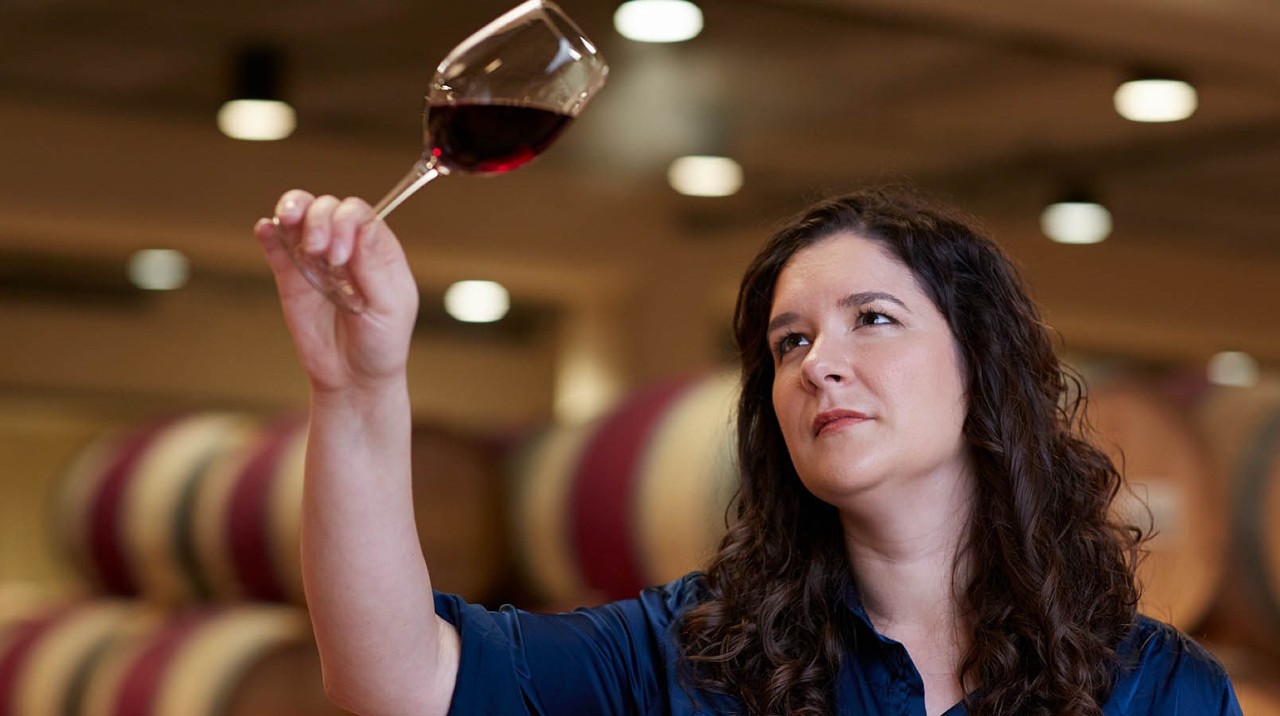

Be the first to comment